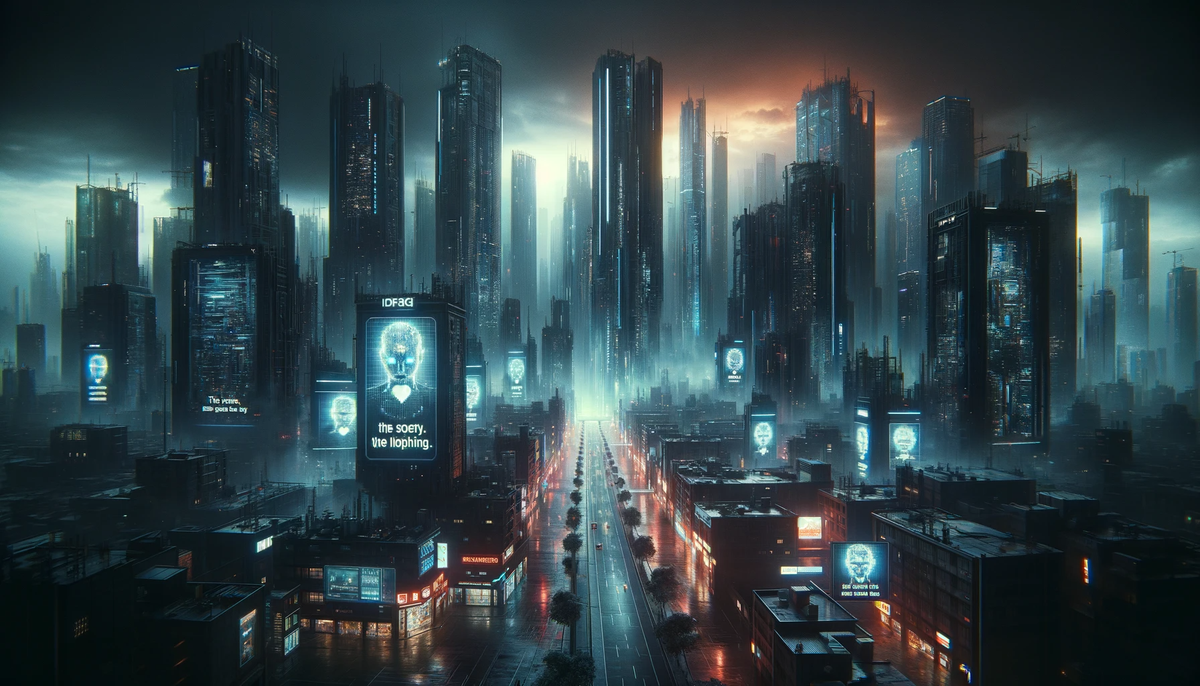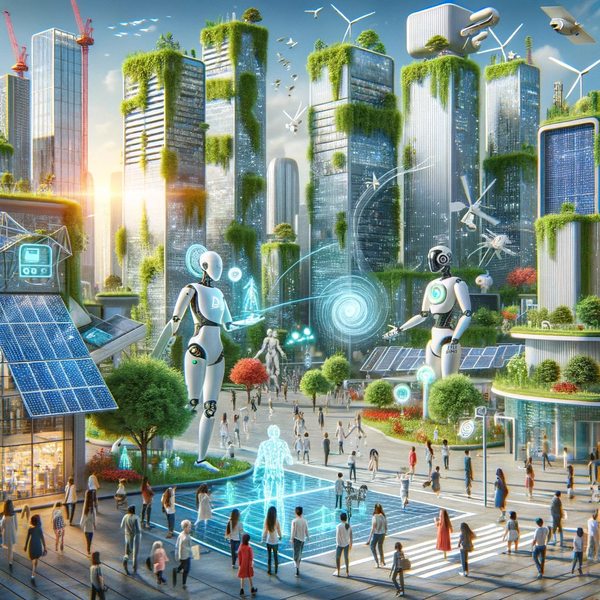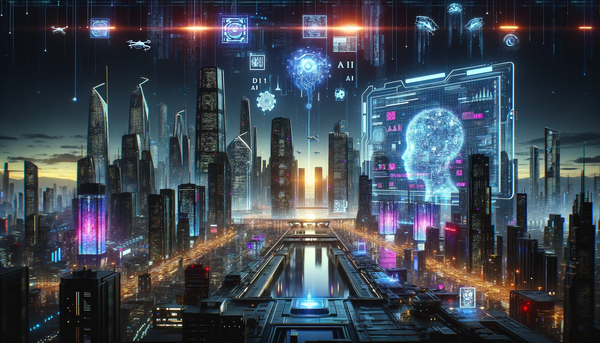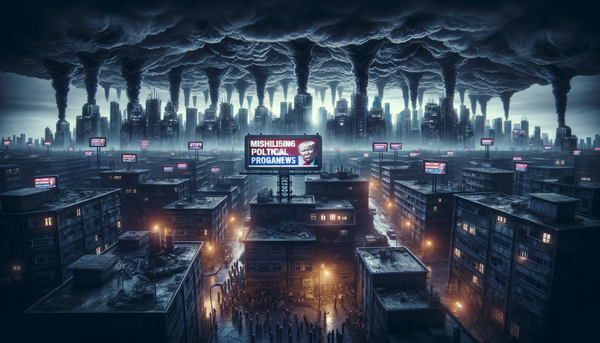The Perilous Horizon: Disinformation in the Age of AI Singularity
In the AI singularity era, distinguishing truth from AI-crafted fiction becomes a daunting task, as hyper-realistic disinformation threatens the very fabric of society.

As we approach the precipice of an unprecedented era in technological advancement, the specter of disinformation looms large, casting a shadow over the promise of artificial intelligence (AI). The concept of AI reaching the point of singularity – a hypothetical future where machine intelligence surpasses human intellect – is no longer a mere science fiction trope but a tangible, looming reality. This article delves into the unsettling risks associated with AI's growing capabilities, particularly in generating disinformation, at a time when distinguishing fact from fiction is increasingly challenging.
The AI Singularity: A Breeding Ground for Disinformation
The singularity, a term often intertwined with futuristic AI scenarios, denotes a point in time where AI systems will be capable of self-improvement and decision-making at levels beyond human comprehension. In this landscape, tools like Large Language Models (LLMs), including platforms akin to ChatGPT, are pivotal. While these technologies hold immense potential for innovation and problem-solving, they also present a formidable risk in crafting and propagating disinformation.
Blurring the Lines: When Fiction Resembles Fact
The crux of the issue lies in the AI's evolving ability to produce content that is indistinguishable from human writing. As AI algorithms become more sophisticated, they are increasingly adept at mimicking human styles, nuances, and argumentative structures. This progression is alarming, as it enables the seamless creation of false narratives that resonate with human emotions and biases, making the separation of fact from fiction an arduous task for the average individual.
The Looming Threat of Hyper-Realistic Disinformation
Imagine a world where AI-generated articles, social media posts, and even deepfake videos are so realistic that they are indistinguishable from authentic human creations. This scenario is not far-fetched. As AI continues to evolve, the ability to generate hyper-realistic disinformation will become more accessible, posing a significant threat to public discourse, democratic processes, and societal trust.
The Dark Side of ChatGPT and Similar LLMs
Platforms like ChatGPT, while revolutionary in their applications, can be double-edged swords. In the wrong hands, these tools can be manipulated to fabricate convincing lies, distort historical facts, and manipulate public opinion on a massive scale. The sophistication of such platforms makes it increasingly difficult for even discerning readers to identify the origins and veracity of the information they consume.
The Implications of Disinformation in the AI Era
The consequences of widespread AI-generated disinformation are far-reaching. It could lead to the erosion of trust in media and institutions, fuel polarization, and incite social unrest. In a world where facts are malleable and truth is a commodity, the very fabric of our society is at risk.
Conclusion: Navigating the Murky Waters of AI and Truth
As we inch closer to the AI singularity, the challenges posed by disinformation are not just technological but also ethical and societal. It is imperative that we develop robust mechanisms to counter this threat, including advanced detection systems, strict regulatory frameworks, and public awareness initiatives. The balance between harnessing AI's potential and protecting the sanctity of truth is delicate and crucial. If unaddressed, the proliferation of AI-generated disinformation could lead us into a dystopian reality where the line between reality and fiction becomes irrevocably blurred, leaving us in a perpetual state of uncertainty and mistrust.



